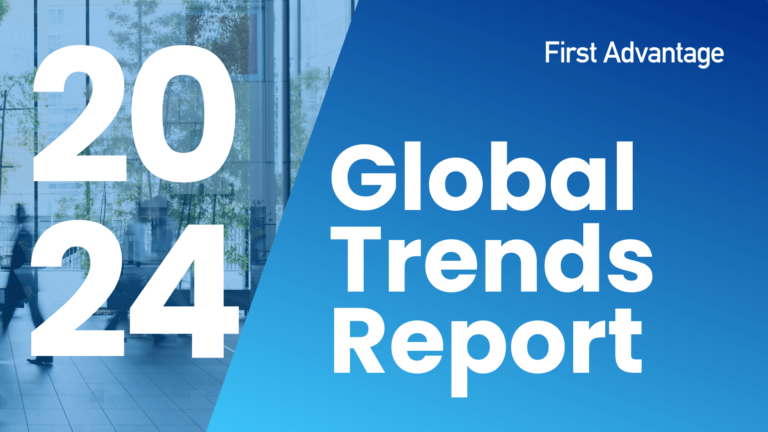Jean Heng and Ng Shu Kian have a lot in common. Both are Singaporeans. Both worked in the logistics industry.
Both pled guilty to defrauding their employers.
Jean Heng, who was married to the owner of one of the logistics companies she defrauded, was fined $52,000 for multiple offences under the Singapore Customs Act. Ng Shu Kian, on the other hand, was sentenced to nine years in jail after earning S$3.1 million in an iPhone misappropriation scheme that cost her employer roughly S$6.8 million in losses.
Crime and fraud are not uncommon in this industry where workers can easily tilt the flow of products and money to their advantage.
However, logistics hiring managers can level the playing field and make smarter hiring decisions that benefit both candidates and the business by making a slight adjustment to their hiring and onboarding process. Here’s how.
Balance the need for skilled talent and risk mitigation.
Today’s logistics employers need skilled labour to keep pace with high-tech market advances. Automation, artificial intelligence and machine learning are powering supply chains and other critical logistics functions, effectively elevating worker qualifications and hiring standards. Also, as revealed in the earlier examples, internal fraud risk and physical threats of theft, terrorism or sabotage run high in this industry.
So, how can employers balance the high demand for skilled talent with the need to mitigate employee risk? Background checks. By integrating background checks during the hiring process—or after hiring, during onboarding—employers can identify qualified talent with the right job-specific skills, while also better understanding and appropriately addressing their potential for risk.
Intelligently address risk and opportunity.
Background checks provide essential candidate insights that can help employers in two ways.
- Identify and hire top talent, capable of innovating and advancing the business. Background checks can help employers verify key candidate qualifications so they can recognise and hire qualified talent among a sea of unknown candidates, some of whom may be using falsified credentials. Take the case of Chin Ming Lik, a manager in Singapore who was jailed two years and 11 months and fined $1,600 for resume fraud. In just four years, he obtained civil engineering jobs at 38 companies—some paying up to $9,000 a month—by lying about his industry experience, education, professional certifications and more.Candidates who forge or exaggerate their background qualifications can cost logistics employers in big ways. Apart from a protracted on-the-job learning curve and reduced productivity, they’re also less likely to remain on the job, which can increase turnover costs. Likewise, they can seriously jeopardise high-tech operations and outcomes for the business, its customers and supply chain partners.On the other hand, information is power. When employers take the time to verify a candidate’s qualifications, hiring managers can better understand how and where to place talent within the organisation so they can best position the employee to succeed, upskill (if necessary) and start innovating and producing sooner and a higher rate.
- Intelligently address employee-related risk. Background checks can also help logistics employers mitigate employee risk so they can intelligently address it in a number of ways. Say a candidate has exemplary credentials, yet they’re listed on multiple terrorist watch lists. For most, it’s a no-brainer decision. A pre-emptive background check can help reduce vulnerability to terrorist activity—something that’s critically important to logistics and supply chain operators. Likewise, criminal information revealed in a background check is not always necessarily relevant, but it’s always important for the employer to be aware of it. For example, say a candidate was convicted of a theft-related offence. If the job in question involves working at a logistics software firm, it may not matter. However, if the candidate is applying to be a courier or commercial truck driver with direct, unsupervised access to valuable goods and cargo, a history of theft is more concerning. Instead of offering the candidate a driver position, an employer might consider them for another role within the business with more oversight and supervision.Using background checks to help mitigate risk is not about putting up barriers to employment. Instead, it’s about better understanding candidates and matching them with the right opportunities to help grow and protect the business.
At a time when today’s APAC logistics industry is poised for growth, more than USD$300 billion by 2027, regional employers can take practical steps to boost that momentum. By incorporating background checks into the hiring and onboarding process, organisations can make smarter hiring decisions that protect against risk, while also better positioning their employees and their larger business for growth and success.
At First Advantage, we help businesses hire smarter and onboard faster. Check out our best practise background check recommendations for logistics employers in this industry-focused tip sheet.


